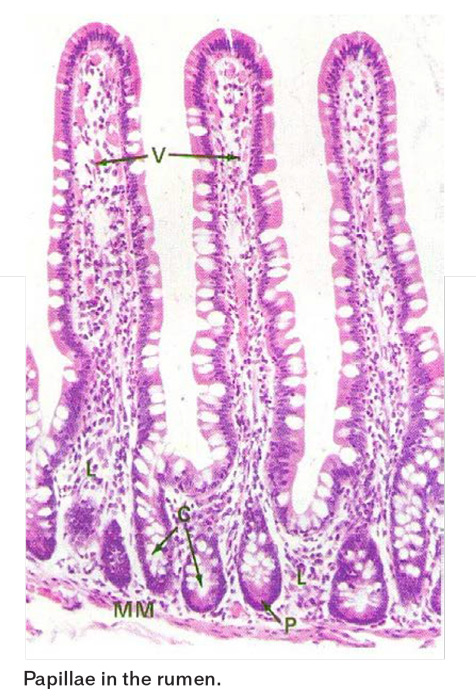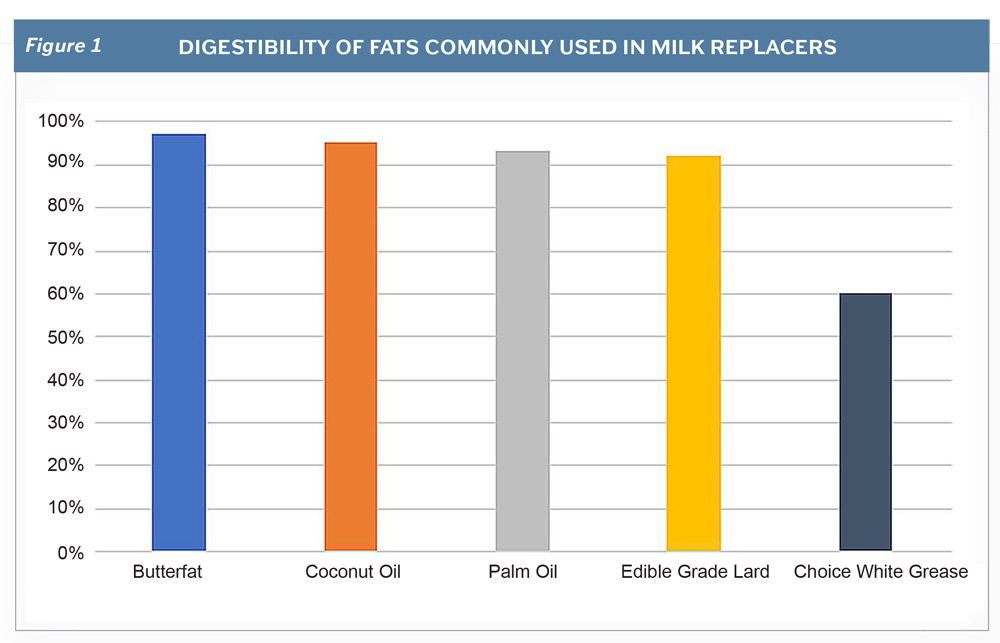Benefits Of A High Quality Milk Replacer
Click here to view as a pdf: Benefits Of A High Quality Milk Replacer
 By Cassy Golburg, B.A.
By Cassy Golburg, B.A.
Choosing a milk replacer can seem daunting. There are a variety of things to consider including the type of ingredients, ingredient quality, and the way a milk replacer is processed. All of these can have a large effect on the digestibility and the quality of the milk replacer. Crystal Creek® offers four high quality milk replacer formulations designed to help a calf reach its genetic potential in a dairy herd.
Processing Style:
Many milk replacers are heat processed. Standard heat processing involves adding heat and steam at many stages of production. Gentle processing, on the other hand, avoids any additional steam or heat that could compromise protein structure and nutrient availability. Gentle processing also plays a part in the digestibility of the milk replacer. Crystal Creek® uses gentle processing for its milk replacers, this allows for higher quality ingredients like human grade fats to be used, and the preservation of proteins.
Rumen Development:
A milk replacer should also aid in rumen development. During rumen development, the papilla in the rumen start to grow. The papillae are finger like structures that increase the surface area for better nutrient absorption. Adding sodium butyrate to milk replacer can aid in papillae growth, giving the calf better nutrition absorption. A study conducted in 2003 found that calves given milk replacer containing sodium butyrate had longer papillae after six weeks. These calves also had a higher average daily gain and weighed more than calves not given milk replacer with sodium butyrate at the conclusion of the study. The Swift Start® 25/25, 25/18 High Gain and 22/20 formulas all contain sodium butyrate. 
Many milk replacers on the market contain soy. While soy does have a high protein content and stimulates rumen growth, it can be irritating to a calf’s gastrointestinal tract. At birth, a calf is not a functioning ruminant. It is difficult for a calf to digest proteins from grain until about three weeks of age. Milk replacers containing wheat isolates can also help stimulate rumen growth but are much easier on a calf’s gastrointestinal tract. Wheat isolates have a lower protein content but adding plasma can get this protein level higher. Several trials have been conducted showing the benefits of adding plasma to milk replacer. In 14 trials with 1200 calves, the scours incidence was 21% lower than all milk formulations. In 12 trials with over 850 calves, the average daily gain was 9% higher than all milk formulations. Three of Crystal Creek’s milk replacers, the 25/25, the 25/18 High Gain and the 22/20, contain wheat isolates and plasma.
Ingredient Quality:
Having high quality fats will make the milk replacer more digestible to the calf. The better the digestion, the healthier the calf. Different fats have different levels of digestibility. Each fat has a fingerprint, a chemical make up, that determines how digestible a fat will be to the animal. For example, butterfat is about 97% digestible. A study published in the Journal of Dairy Science found choice white grease to only be about 50-60% digestible. Figure 1 shows the digestibility of fats commonly used in milk replacers. Fats that have a lower digestibility can be irritating to a calf’s digestive system. Avoiding gut irritation in a calf can help prevent pathogen bloom as well. Gentle processing allows Crystal Creek® to use human grade liquid fats. Crystal Creek® uses a combination of coconut and palm oil, in combination with edible grade lard, both of which have high fat digestibility. This gives Crystal Creek® milk replacers a high level of digestibility without irritating the calf’s digestive system.
All Crystal Creek® milk replacers contain chelated trace minerals. Chelated trace minerals are more bioavailable to the animal than non chelated minerals. Chelation involves tying a mineral to an organic component to form a ring like structure. This structure is now more bioavailable. For more information on chelation, see Dr. Darren Zimmerman’s article, Mineral Nutrition: Advancements Over Time in the April 2023 Newsletter.

Ruminants require selenium. This trace mineral is required for normal growth and fertility. Calves with a selenium deficiency can appear unthrifty, listless and weak. Having a milk replacer that contains quality selenium can help prevent these issues. Selenium yeast is about 85% bioavailable to the calf, while other selenium sources such as selenium selenite are only around 25% bioavailable. Crystal Creek® includes selenium yeast in all of its milk replacer formulas to ensure a higher bioavailability.
There are a lot of factors when it comes to choosing the right milk replacer, and reading a tag is key to making this decision. Crystal Creek’s line of milk replacers is part of a cohesive strategy calf program including texturized calf feeds, pellets, electrolytes and supplemental products such as Calf Shield®. Call Crystal Creek® to discuss the calf program with one of our nutritionists or livestock specialists today.
References available upon request.

